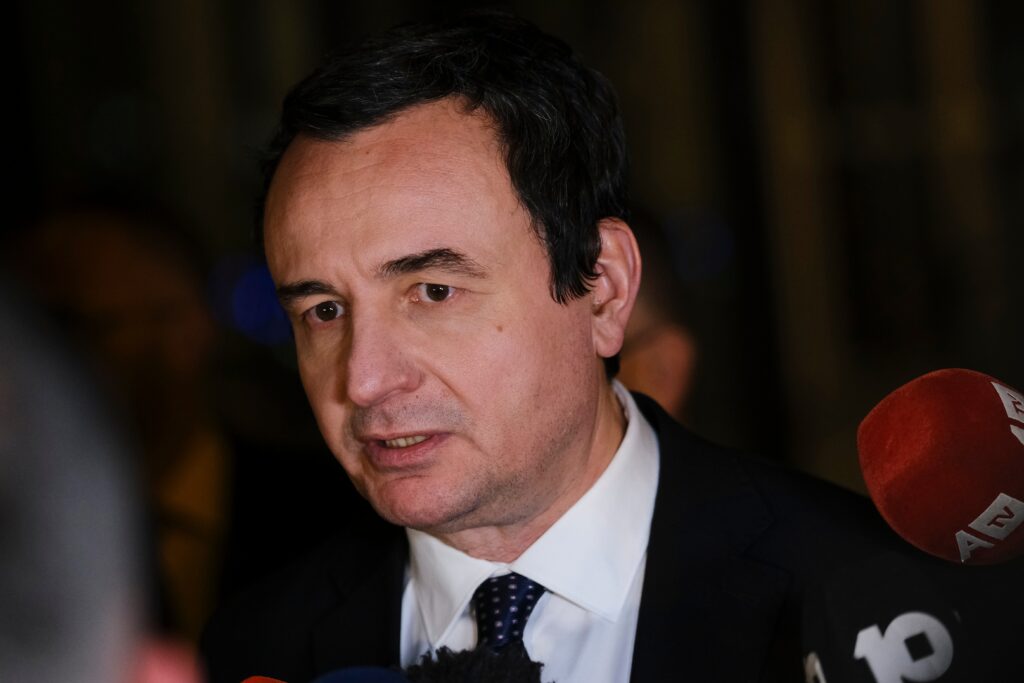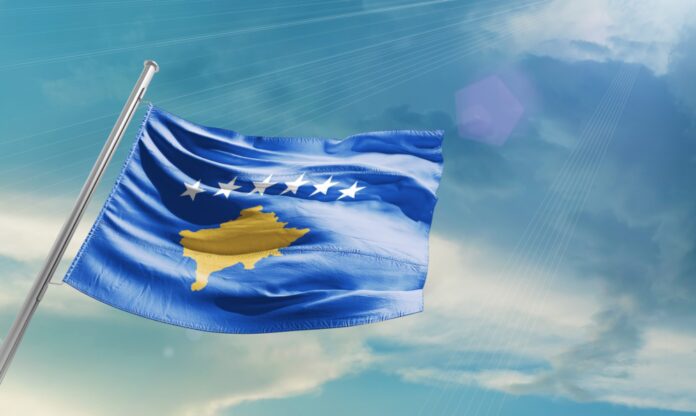The government of Muslim-majority Kosovo plans to introduce same-sex unions, Prime Minister Albin Kurti has announced, with the measure being part of his country’s efforts to join the Council of Europe.
The new law will be dependent on a parliamentary vote which is said to be imminent. A previous vote was rejected in 2022.
The new civil code will allow same-sex couples to register civil unions but calls for another law to regulate gay marriages.
“Kosovo will aim to become soon the second country in the Western Balkans… offering its citizens the right to same-sex civil unions. We will work hard to pass this in the very near future,” Kurti told attendants at an event of the ruling German SPD party of Chancellor Olaf Scholz in Berlin.
“The Government of Kosovo must [underline] that we cherish and respect common values and human rights,” Kurti added.
According to the last census in 2011, 95.6% of the population identified as Muslim. However, the proposal remains relatively unpopular as only 20% of Kosovars support same-sex unions, according to a 2023 survey.
But unlike in 2022, Kurti has the support of most of his party‘s MPs for a vote and is certain it will pass, even though he must also convince 11 opposition lawmakers.
Subscribe to our newsletter and stay updated on the latest news and updates from around the Muslim world!
Among those is Duda Balje, lawmaker and chairperson of the Parliamentary Commission for Human Rights.
“Do not put pressure on me because I want to have my right not to support this law. This is not only me, this is what the majority of people in Kosovo think. We don’t want pressure from a small community to be more important than what the majority is thinking.”

A lawmaker from the ruling party told Reuters that Kurti is trying to convince the opposition to pass the code by offering to call a snap election in return. The next election is due in February 2025.
The pan-European Council of Europe includes a parliamentary assembly and the European Court of Human Rights, which enforces the European Convention on Human Rights.
Accession would mark an important recognition for Kosovo, as several countries still do not recognise the former Serbian province’s statehood.
Since declaring independence from Serbia in 2008, Kosovo has sought to align itself with Western countries and institutions.
Kosovo is recognised by many Western countries, including the United States, the United Kingdom, and most member states of the European Union (EU). These countries have provided significant diplomatic and economic support to Kosovo.
It has expressed a strong desire to join the European Union and has signed a Stabilization and Association Agreement with the EU, which is a step towards eventual membership.
NATO has a significant presence in Kosovo through the Kosovo Force (KFOR), a peacekeeping mission established in 1999. Kosovo’s leaders have consistently expressed their desire for closer cooperation with NATO and eventual membership.
The United States is one of Kosovo’s staunchest allies. The U.S. played a crucial role in Kosovo’s declaration of independence and continues to support its development and international integration.
Kosovo’s constitution and legal framework include protections against discrimination based on sexual orientation and gender identity. The Law on Anti-Discrimination, the Law on Gender Equality, and the Criminal Code all contain provisions aimed at protecting LGBTQ individuals.
Kosovo has held Pride events in its capital, Pristina since 2017. These events have generally received support from government officials and the international community, although they also face opposition and security concerns.
There are active LGBTQ organizations in Kosovo, such as the Center for Equality and Liberty (CEL) and the Kosovo Center for Gender Studies (KCGS), working to promote LGBTQ rights and raise awareness.
That said, public attitudes towards LGBTQ individuals in Kosovo are generally conservative, influenced by traditional and religious beliefs. This can result in social stigma and discrimination despite legal protections.



















